When traveling abroad, get a policy from one of the best travel insurance companies. You can get a 5% discount on Heymondo, the only insurance that pays all medical bills upfront for you, HERE!
The Mojave Desert is usually overlooked when traveling the 280-mile journey from Los Angeles to Las Vegas by car through Interstate 15. Each year, millions of tourists try to get through the drive as quickly as possible, skipping this amazing destination.
However, you shouldn’t miss the Mojave Desert on your United States West Coast road trip. It is one of the country’s largest areas assigned by the US National Parks service and includes four national parks: Joshua Tree National Park, Death Valley National Park, Mead Lake National Recreational Area, and Mojave National Preserve.
While planning of our 10-day West Coast America road trip, we had initially thought to visit Joshua Tree National Park as we found incredible images of the namesake trees (very peculiar and unique). However, after reviewing its location on a map, we left this out as it was too far from our other destinations.
Our surprise came later when we discovered that Mojave National Preserve has the highest concentration of Joshua trees in the world, all while being much closer to other areas we planned to visit.
VISITING JOSHUA TREE NATIONAL PARK OR MOJAVE NATIONAL PRESERVE?
A common question is whether to visit Joshua Tree or Mojave, so let us try to help you decide which would fulfill your expectations.
if you want to see Joshua trees, both Mojave National Preserve and Joshua Tree National Park would be fine, but consider that there are more trees in the former.
If you want to see stunning rock formations taken from another world, perhaps Joshua Tree National Park is more fitting. If instead, you prefer to learn about the Mojave Desert wildlife, then Mojave National Park is the ideal place.
That’s what led us to decide on visiting Mojave National Park and Death Valley on our route from the Grand Canyon to Yosemite National Park.
In this article, you will find all of the information about Mojave National Preserve. On the main blog site, you can also find our guide to Death Valley.
MOJAVE NATIONAL PRESERVE GUIDE
The Mojave Desert spreads across four states within the United States: Most of it in southern California, some in southern Nevada, northwest Arizona, and a minimal extension in southwestern Utah. Mojave National Preserve is located in California, and this is what we will cover in this article.
You will find the following information in our guide to Mojave National Preserve:
- How to get to Mojave
- Best things to do in Mojave National Preserve
- Mojave Wildlife: Animals that you can find in the Mojave Desert
- Where to stay in Mojave
- Mojave Desert facts
- Map of Mojave
HOW TO GET TO MOJAVE
Take into account that you will need a rental car to get to Mojave whether it’s a stop along Route 66 or Interstate 15 between Las Vegas and Los Angeles. Or by motorhome, if you are going to travel by RV in the USA.
In our case, we decided to rent a car in Las Vegas.
The temperatures in Mojave are very high, and if you drive from Los Angeles to Las Vegas, you may find information panels suggesting for you turn off the air conditioning because the road will be uphill until you reach the California Sierra Nevada.
If you’re wondering whether it’s necessary to take a gas bottle to cross the Mojave Desert, we had no trouble with a full tank of gas. It should be fine unless you are planning to spend several days in the area.
BEST THINGS TO DO IN THE MOJAVE NATIONAL PRESERVE
The Mojave Desert landscape will not leave you feeling indifferent. Some of the extraordinary things you can experience in Mojave include exploring the roads (some of them only accessible with a 4×4) and discovering its unique wildlife.
Summing up, THESE ARE THE BEST THINGS TO DO IN MOJAVE NATIONAL PRESERVE:
- Cima Road: Drive across the most spectacular road in the Mojave Desert.
- Joshua trees: See the largest concentration of Joshua trees in the world.
- Cima Village: Visit the Cima ghost town and its abandoned railway.
- Kelso: Visit the impressive Kelso dunes and its historic ghost town.
- Mojave Desert Lava tube: Visit the ancient Mojave volcanic area with this cave where you can see unique light halos.
- Hiking routes: Hike the “Rings Trail” or the “Hole in the Wall” trail.
- Mitchell Caverns: Photograph the limestone caves in a guided tour.
- Zzyzx: Visit the last town alphabetically in the world; another abandoned town with an interesting history.
- Starry skies: Enjoy some of the best starry skies in America away from the light pollution.
In this section, we will dive deeper into the best things to see and to do in Mojave National Preserve.
CIMA ROAD
On both sides of this road, you can find the largest concentration of Joshua trees in the world. Try to visit this location during the day to enjoy its absolute beauty.
If you want to view this extensive forest from the top, I recommend the Teutonia Peak hiking trail which is located at 5754 feet, the highest point of the Cima Dome.
Also, when you cross this road, you will pass through Mojave Cross, a memorial dedicated to the dead of the First World War that rises over the Sunrise Rock. We camped here the night we spent in the Mojave Desert.
At the end of the road, we will reach Cima, a ghost town that went abandoned after its mining resources were exploited. Today, you can see different demolished buildings, as well as abandoned railroad cars that made Cima to be considered as a ghost town.
MOJAVE DESERT LAVA TUBE
Mojave National Preserve is located on an extinct volcanic zone. In addition to lava deposits and slag cones, we can find up to 32 extinct volcanoes. One of the most impressive formations is a 1312 feet deep lava tunnel called the Mojave Desert Lava Tube, where there is a hole that creates light beams during the afternoon.
KELSO DUNES
Another essential to do in Mojave National Preserve is to watch a sunrise or sunset at the Kelso Dunes. The second largest dune system in California, it extends over 44 square miles and rise about 600 feet to the top. From here, we can enjoy incredible panoramic views of the desert.
During the wetter spring season, the dunes are covered with wildflowers, coloring the sand and forming a unique pattern also found in other areas of the Mojave Desert.
If you want more information, I recommend stopping at the Kelso Depot Visitor Center, named after the city that is now a ghost town. The building is an abandoned train depot that was reopened as a visitor center and cultural oasis for its visitors.
RINGS TRAIL
We found one of the best hikes in Mojave National Preserve near the Hall-in-the-Wall Visitor Center. The Rings Trail was named after the metal rings that you must use to climb a section of this trail.
According to a 19th-century legend, the American Indians climbed up and down the Banshee Canyon in order to hide from the cowboys. A via ferrata was installed for visitors to follow and experience their tracks.
As it is a circular route, if you don’t feel great about hiking the metal rings section, you can simply return the way you came from. This road connects Mid-Hills to the Hole-in-the-Wall trail, where there are signs to help identify the Mojave plants along the way.
MITCHELL CAVERNS
The limestone caves of Mitchell Caverns is another excellent attraction within Mojave National Preserve. Located on a slope in Providence Mountains State Recreation Area, they are operational again after being closed to the public for seven years. To visit, it is necessary to book a guided tour by calling 760 928-2586 on Mondays from 8 am to 5 pm.
The one hour, 1.24 miles round trip guided tour takes place twice a day at 11 am and 2 pm from Friday to Monday. The tour is $10 per person with up to 15 participants per session.
The caverns include two main caves called El Pakiva (The Devil’s House) and Tecopa.
Curious and random formations are present throughout the cave. We will find spectacularly sharp stalagmites, stalactites, and helictites.
ZZYZX
ZZYZX (the last town in the world when sorted alphabetically), also known as “Soda Springs,” is located in Mojave National Preserve, San Bernardino County.
The origin of this village started when a US army garrison abandoned it in the XIX century. It later became a resupply stop for food and gas for people crossing the Mojave Desert.
However, with the development of other means of transport, traffic crossing through this town became less and less frequent. It ended up turning into an abandoned place similar to other Mojave ghost-towns.
The curious name of the town came from an American radio evangelist who chose the last letters of the alphabet (pronounced as zi-six). At one point, he obtained a permit and built a spa in the area to cultivate the supposedly curative properties of its local water. After a few years, the US government chased the healer for permit irregularities and closed the spa. However, the town and the road that reaches Zzyzx, kept its peculiar name.
MOJAVE WILDLIFE
With just one night in the desert, the variety of animals in Mojave that we got to see was fascinating.
As soon as we entered Cima Road, there were signs to pay attention for Mojave Desert tortoises.
Once we set up camp and the full moon lit up the Joshua trees, the coyotes howl began to sound closer and closer. Though somewhat scary, it was the most magic soundtrack to hear under the Mojave Milky Way.
Learn how to photograph the Milky Way
The next morning, we saw a big colony of active wild black-tailed jackrabbit just before reaching Cima the ghost town. We had never seen rabbits with such large ears (much longer than common jackrabbits)!
However, all of them disappeared suddenly when a bobcat was found crossing the abandoned train rails. Sadly, our presence made him uncomfortable, and he left as fast as he could to hunt elsewhere.
There are many animals in Mojave, but not all of them are harmless. The Mojave Desert snake is one to be careful of, especially when you approach rocky areas. Also known as the Mojave Rattlesnake, this is one of the most poisonous snakes in the world. Even though the chances of being bitten by a snake in Mojave are not very high, please do not enter the desert without knowing the necessary precautions to avoid encounters and a good travel insurance policy.
When traveling to the US, I always recommend you to hire the best travel insurance company. If you are looking for travel insurance for travelers visiting the USA (only for tourism) you can get the best quality-price insurance with Heymondo.
We bought annual travel insurance for frequent travelers because we travel a lot and so far, so good.
WHERE TO SLEEP IN MOJAVE
Your best option for accommodation is camping since there are no hotels within the Mojave National Preserve. If you want to stay at hotels, try Barstow, Needles, and Twentynine Palms, in California, or Primm and Searchlight in Nevada.
For a group with less than eight people, the two campsites within the reserve are Hole-in-the-Wall and Mid-Hills. They offer water and bathrooms, but no showers or electrical connections.
The price is $12 per plot or $6 if you have an annual pass, and they operate on a first-come, first-served basis. In addition, the road to Mid-Hills is a dirt road in bad conditions. The one to Hole-in-the-Wall is much better on the other hand since the campsite is next to the visitor center.
For larger groups or travelers on horseback, there is a third campsite called Black Canyon Campground, which must be booked in advance by calling 760-928-2572 or 760-252-6104.
Another way to sleep in Mojave can be rather interesting as it is legal to camp on the side of the road in certain areas. On the map at the end of the article, you will find these areas painted in black. We camped in Sunrise Rock on the Cima road, where we had one of the most unforgettable nights of our life. And of course, we enjoyed a sunrise surrounded by Joshua trees.
MOJAVE DESERT FACTS
As we have previously seen, Mojave is a unique place concerning geology, botanic and wildlife, but there are many other facts about Mojave in terms of history and nature that can be interesting if you visit this desert.
- Mojave army base: Fort Irwin National Training Center is a training area for the United States military, located in the middle of the Mojave Desert. This center is colloquially known as an “Artificial Afghanistan” where soldiers simulate battlefields in similar conditions to the those of the middle east.
- Mojave annual rainfall: Mojave Desert is also one of the driest places in the US. Like Death Valley, it is located in the rain shadow of the California Coast Ranges, which gets just 5 inches of precipitation per year on average. On the other hand, temperatures in Mojave fluctuate drastically between day to night depending on the seasons.
- Mojave night skies: As Mojave is located far from any population or settlement, there is no light pollution. With this and clear skies, Mojave Desert makes for a perfect night photography location as we enjoy some of the best stargazing.
- Mojave earthquake: Mojave spreads across an active tectonic plate, which results in rare formations for this area of the US like the Mojave volcanic cones. A strong Mojave earthquake took place in 1999.
- Mojave plants: In addition to animals, we can also find a wide variety of plants in the Mojave Desert like the endemic Joshua tree. The main plants in Mojave are the Brittlebush, Common Saltbush, Mojave Aster, and Creosote bush.
MOJAVE NATIONAL PRESERVE MAP
To finish this article, below you can find a Mojave map where I wrote down the main places of interest to see in Mojave National Park.
If you want to use this map of Mojave National Park offline on your mobile:
- Download the Mapswithme app on your cell phone.
- Download and save the following KML file in your Dropbox.
- Open the file through Dropbox from your cell phone. You will get a dialog box where you have to select open with the Mapswithme application (Maps.me)
Ready, you have everything you need to start your trip.
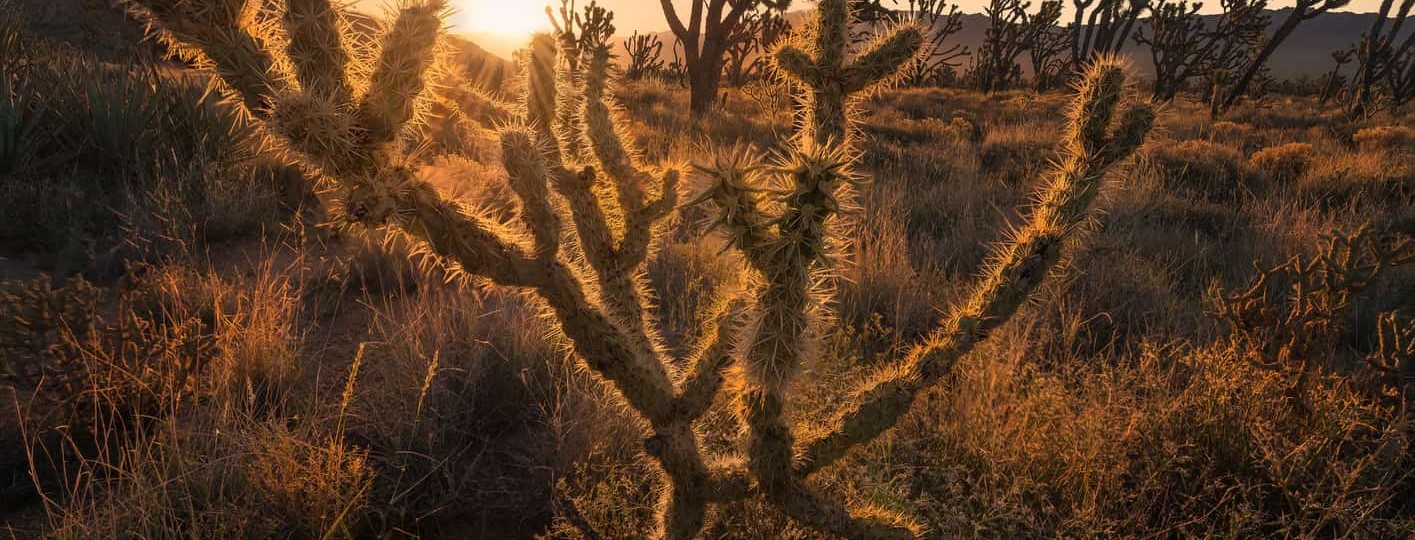
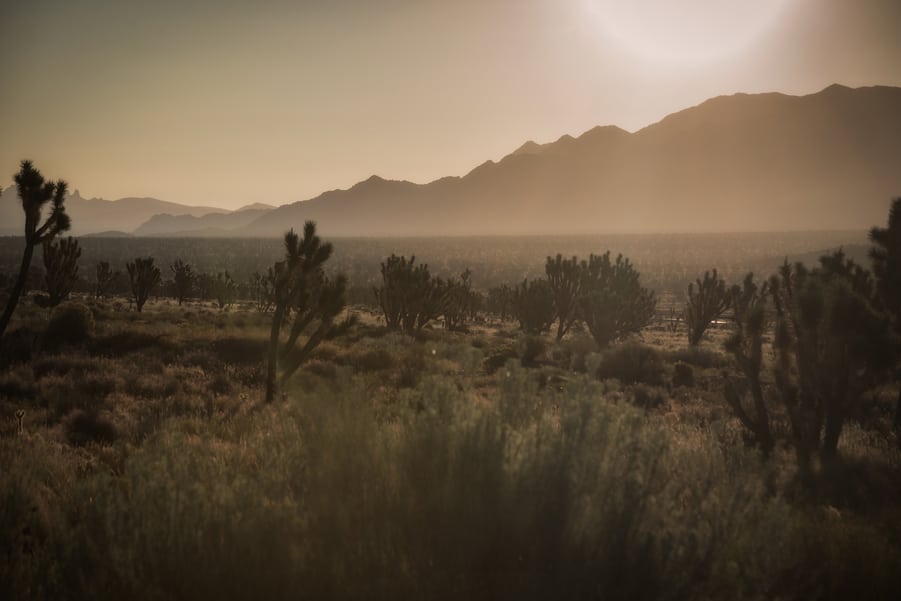
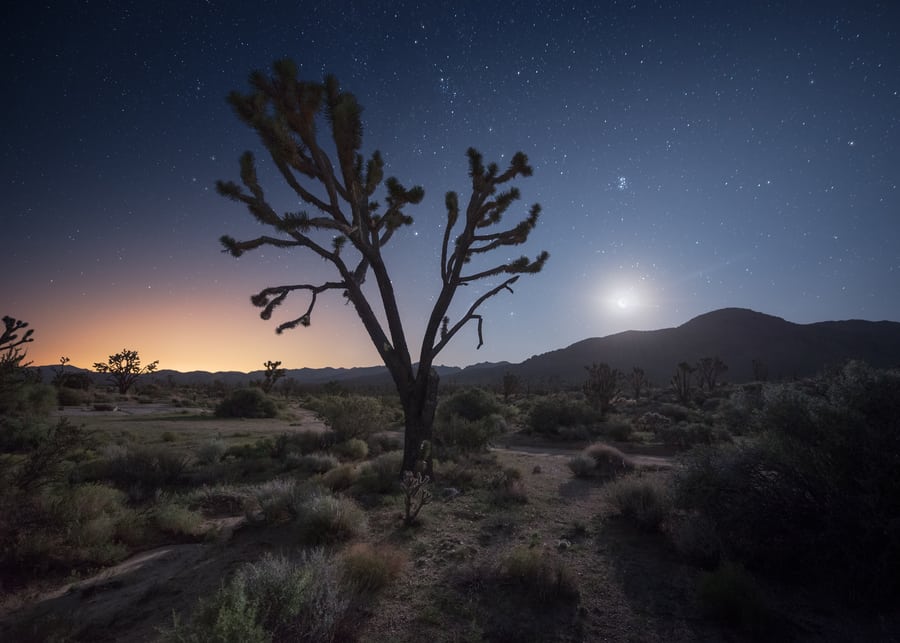
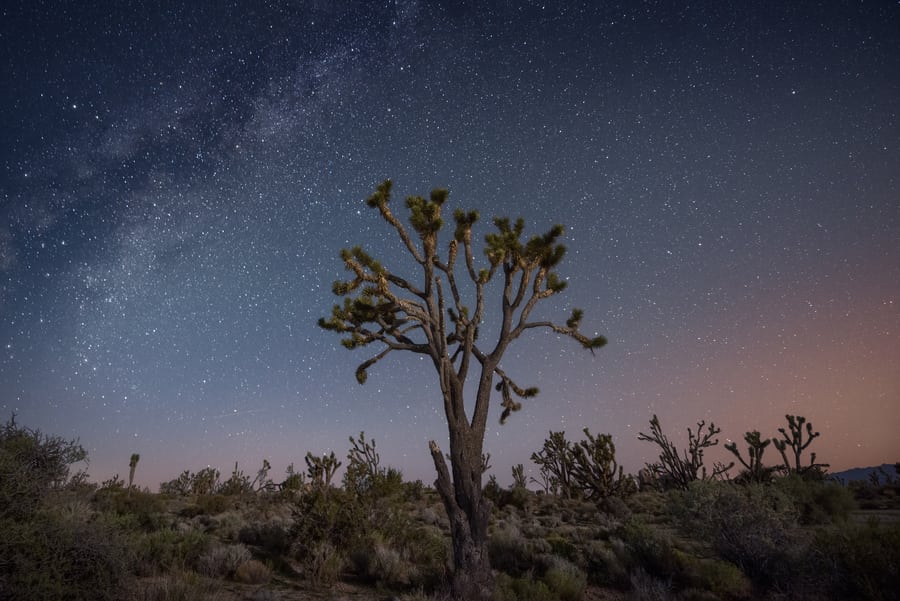
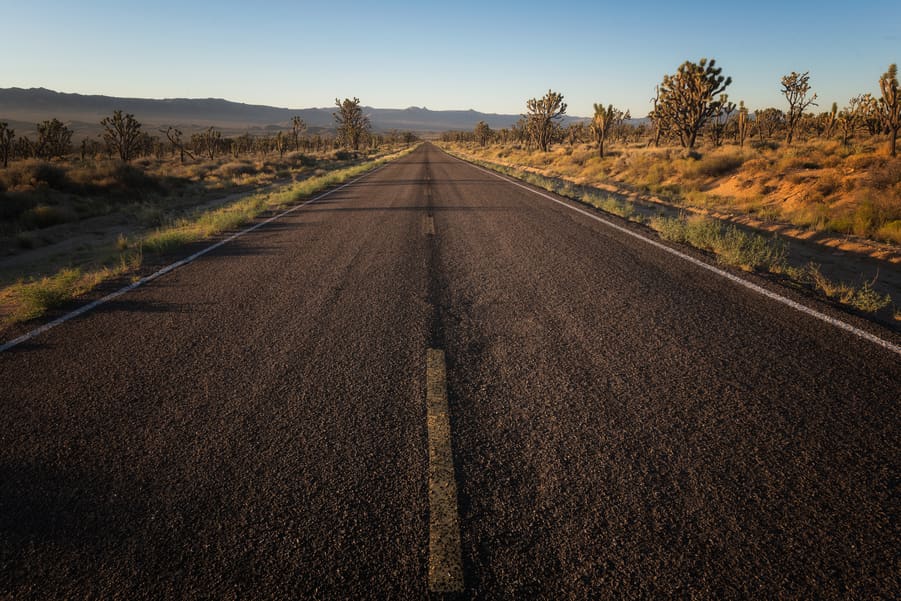
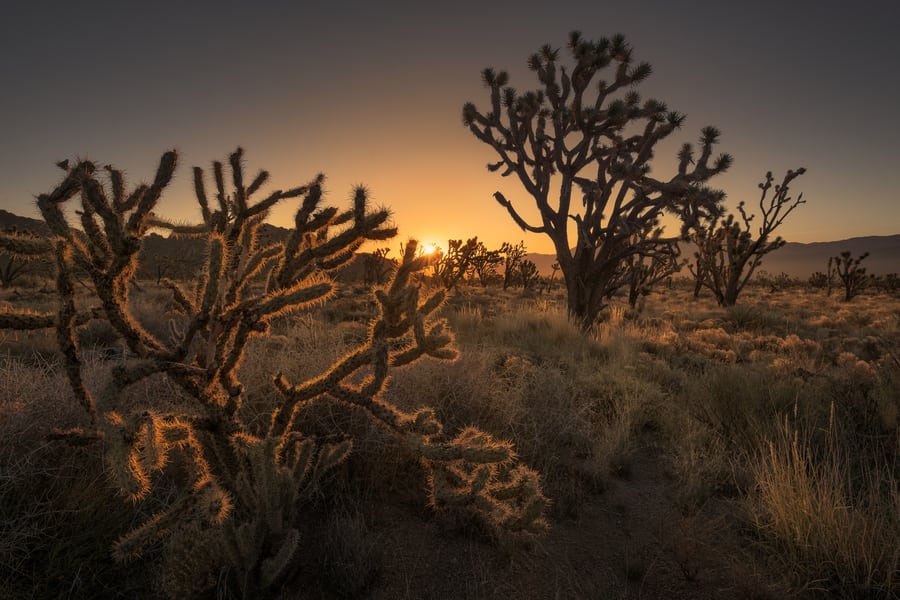
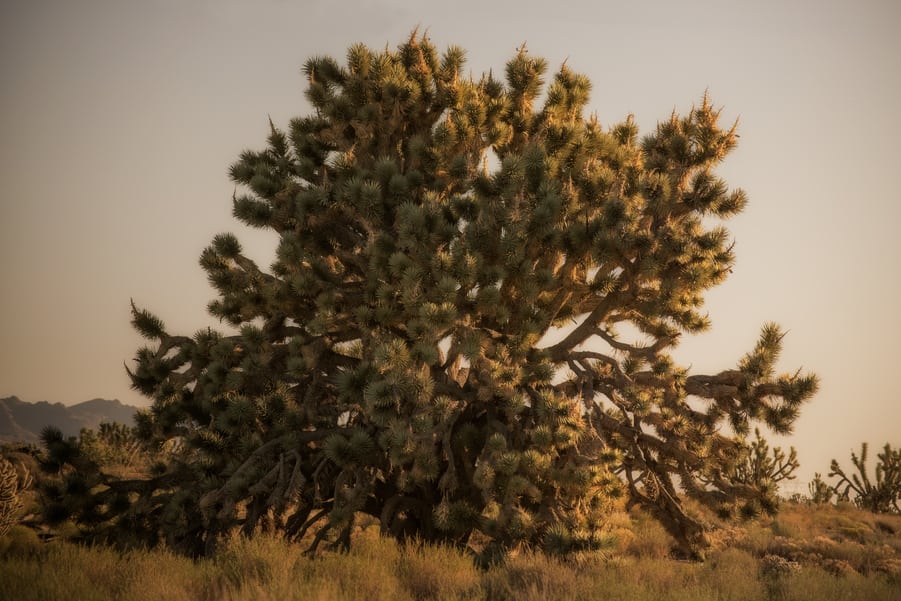
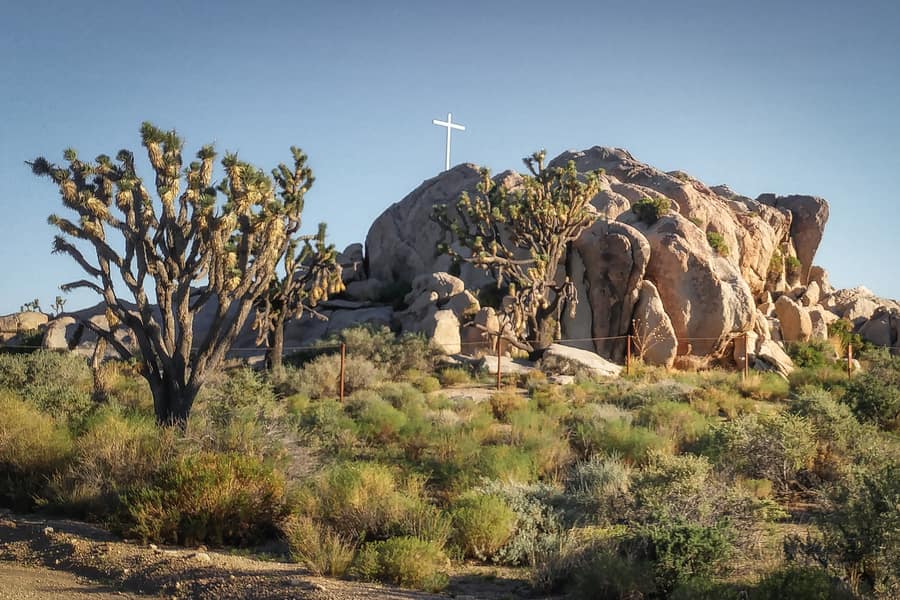
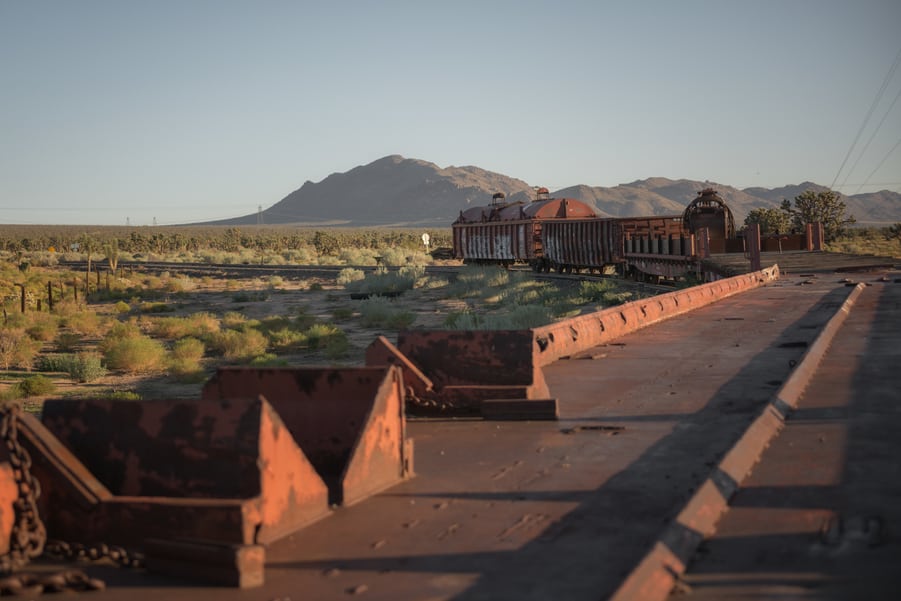
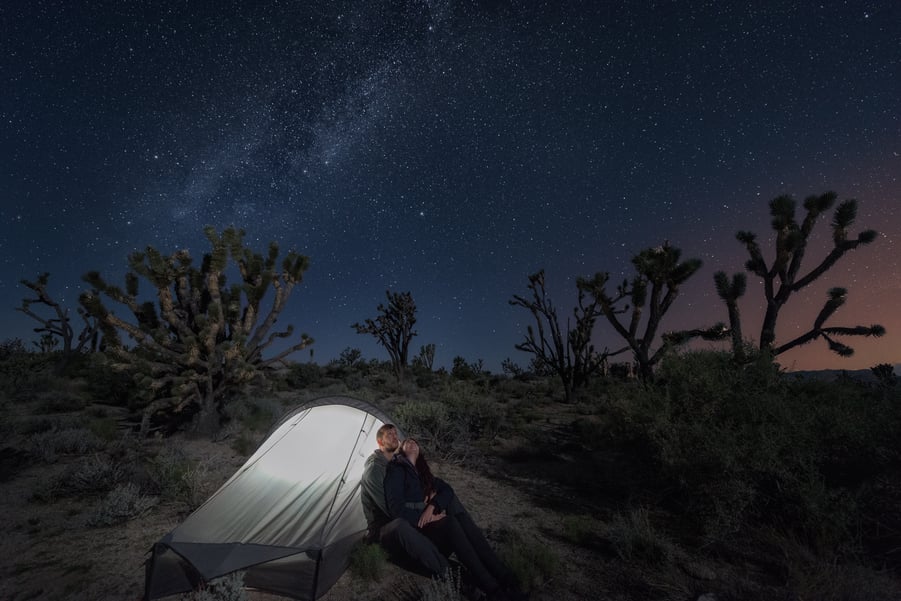
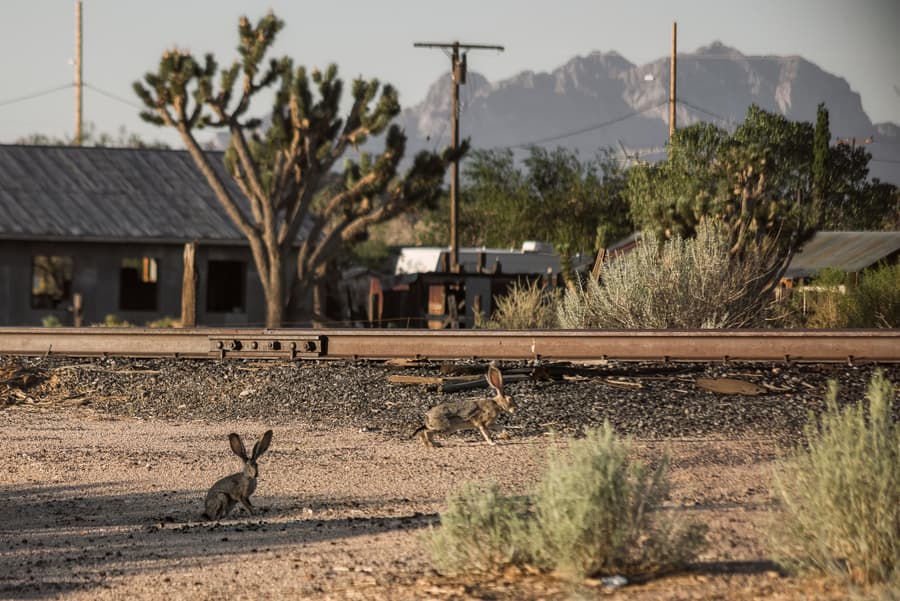
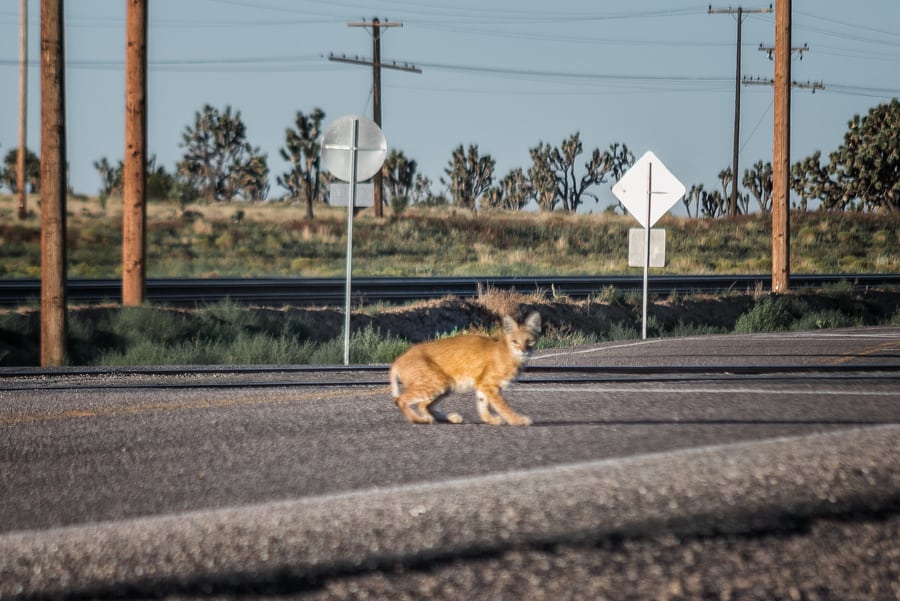
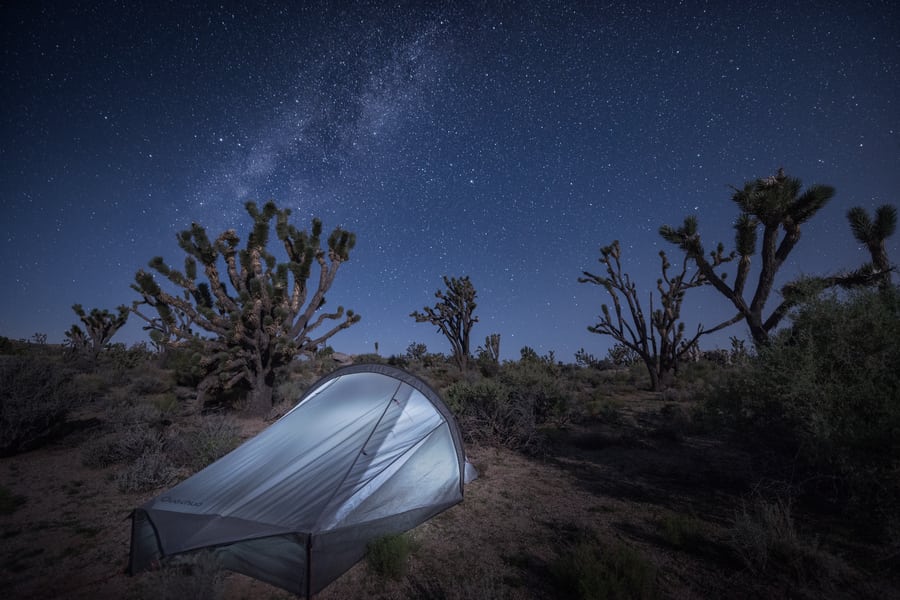
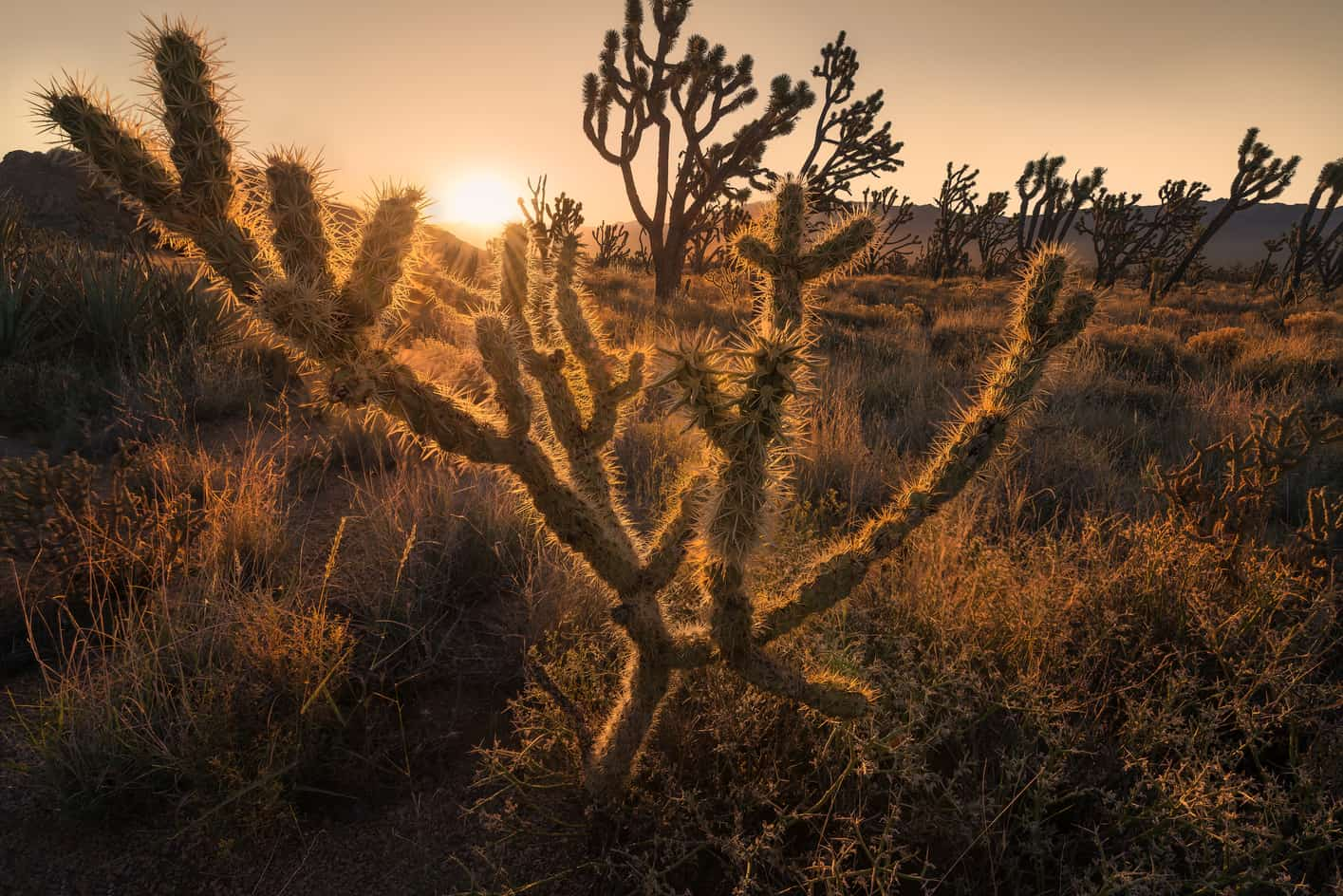
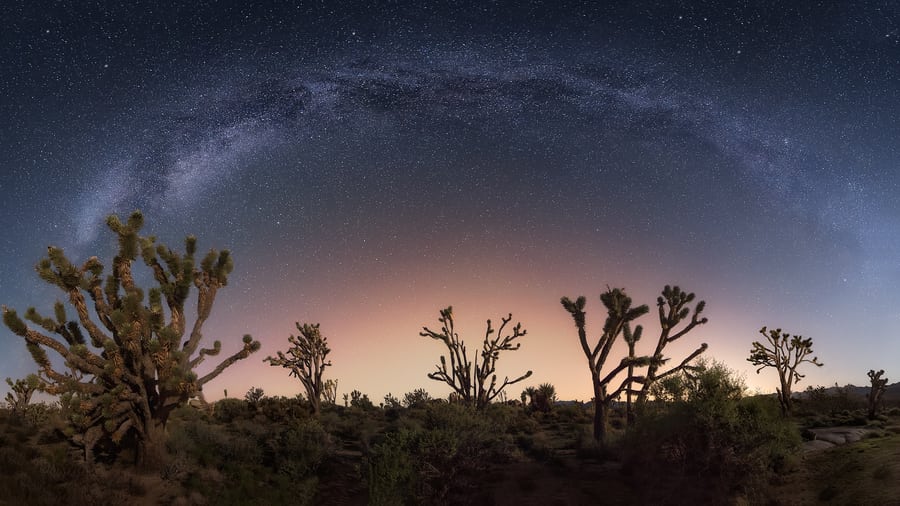
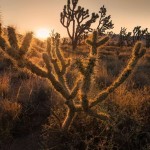
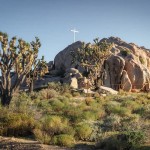
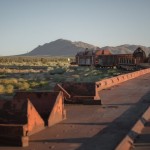
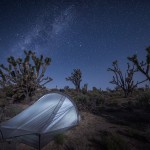
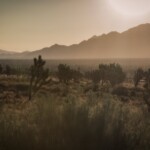
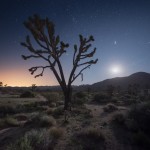
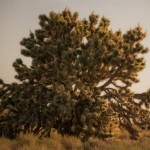
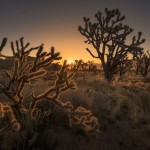
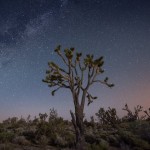
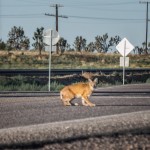
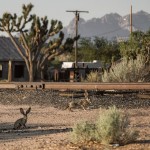
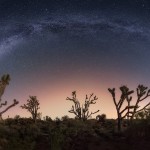
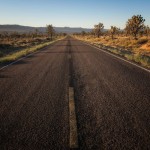
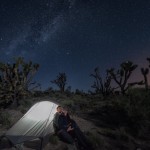
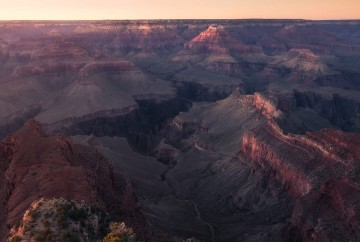
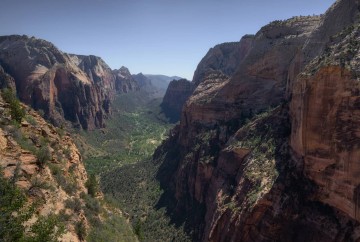
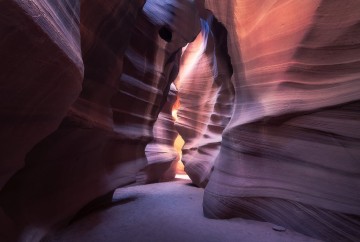
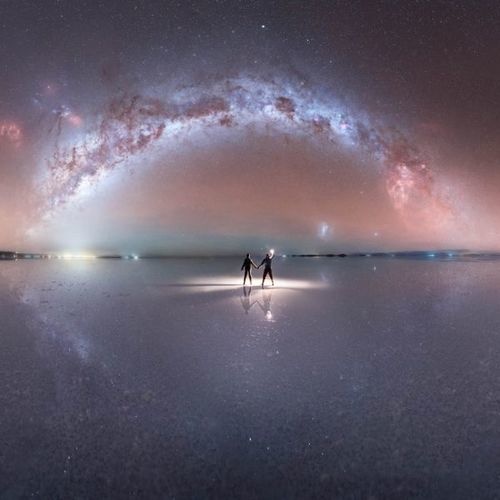
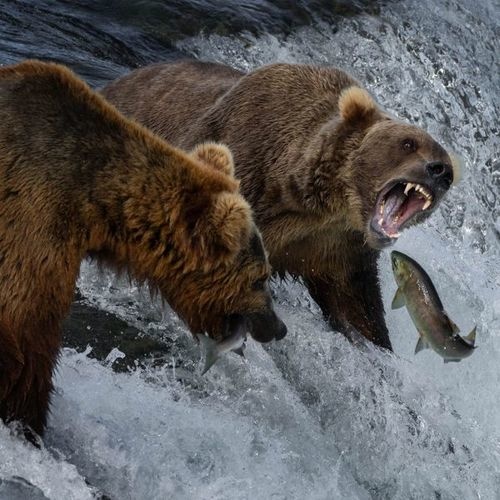
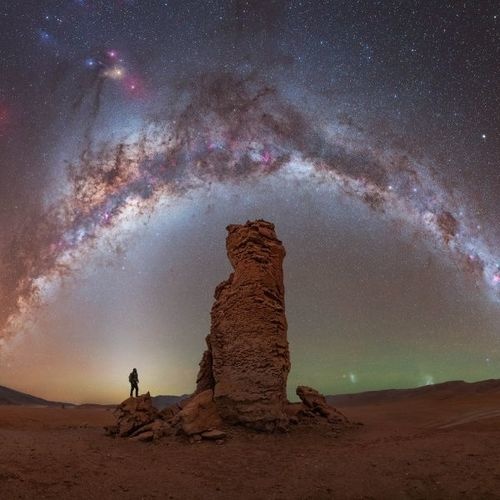
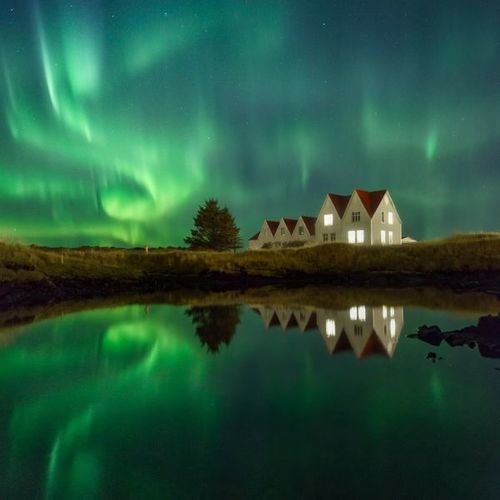
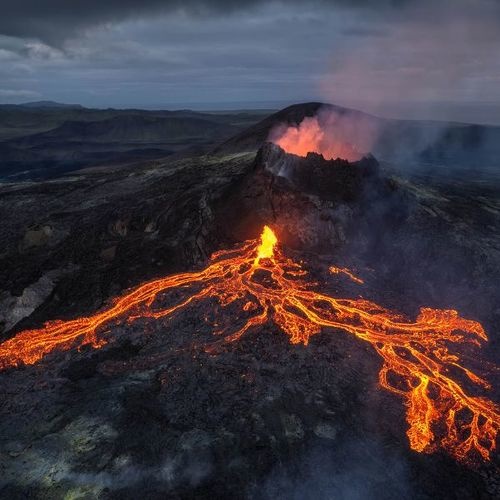
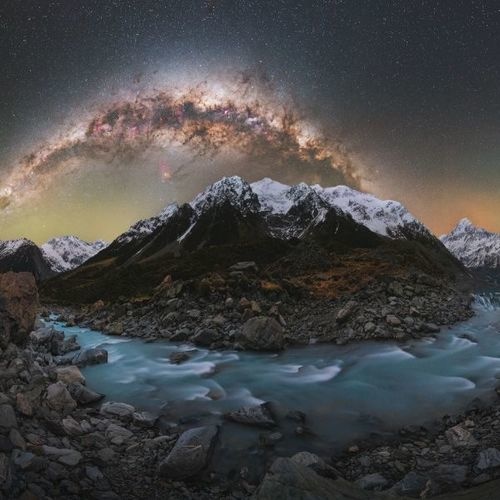
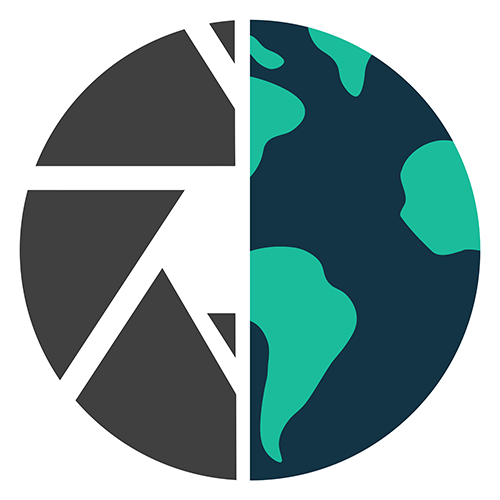
Thank you for sharing your experience visiting the Mojave desert. I like how you listed the best things to do in the national preserve. I want to take my kids when we go to Las Vegas next month, so I think I would try and find a tour that can pick us up in the strip. Those images you included are stunning by the way! Great work.
Thanks! I am sure your kids will love the Mojave desert 🙂